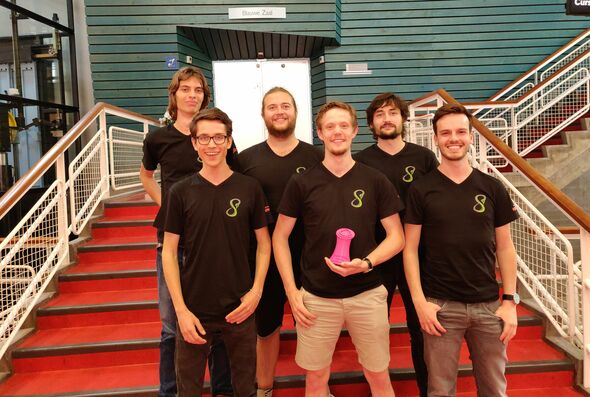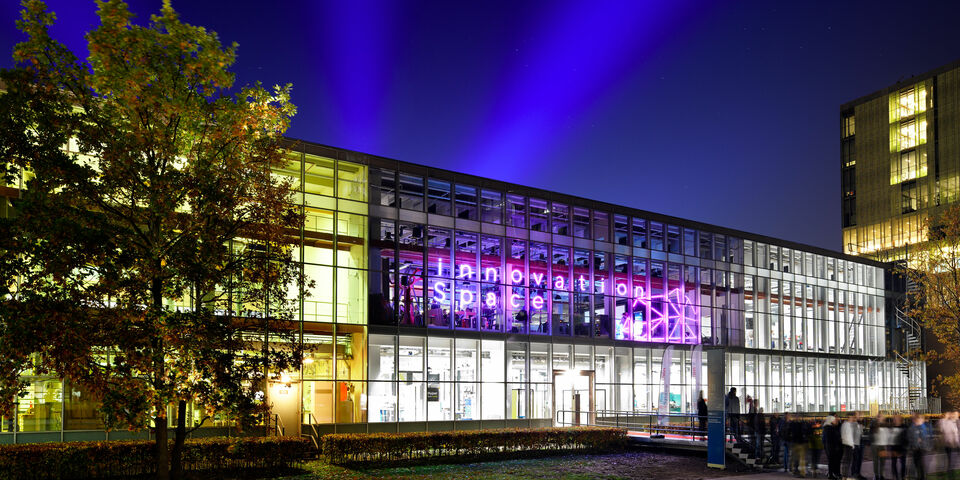From innoSpace | Passion Based Learning
As it turns out, educating university students to understand Artificial Intelligence is no easy task. Behind all the buzz lies a complex interaction of academic fields ranging from mathematics for fundamental understanding, through data science for relevant insights all the way to software science for implementation and maintenance. Despite the challenge we have tried to help people navigate the AI landscape at Serpentine.
We’re an association and innovation Space team focusing on the implementation and study of AI at the TU/e, with games and competitions as our testing ground. I would like to provide you some insight into how we face the challenge of educating our members within such an environment.
Lately challenge based learning has been featured as an alternative or supplement to mainstream educational methods. TU/e innovation Space has embraced this way of teaching and learning and at Serpentine we share the vision that practical implementation is the gateway to proper understanding. But you might wonder if challenge based learning is actually necessary. We would like to argue that it is.

We do this by meeting every week, preferably multiple times but at least on Monday evenings, in order to work on projects together. At the evening people can choose to complete ‘education nodes’ in order to train themselves or participate in more research oriented projects. The nodes are connected, and by following the nodes backwards from a node you are interested in you can find out where you need to start in order to master your preferred subject. An easy way to image this are the lessons you see in Duolingo, but for convenience here is an example.
Cooking robot
Say you want to learn how to build a cooking robot. The node you want to achieve is building a robot that can successfully cook a recipe, but in order to do so you would need to learn a thing or two about electronics, mechanics and a few tasty recipes to cook. Each of these nodes serve as a precondition for the cooking robot node. Now say you don’t really know how to cook. The nodes would take you all the way back to baking an omelet, and from there you can follow the path back to your goal by picking up the appropriate cooking challenges!
This works because we have people constantly pushing the combined knowledge of the association. We try to incentivize node construction when someone learns something new and interesting. We then link to the sources that proved useful in the node. Gathering knowledge from other sources instead of producing them from scratch allows us to leverage state of the art expertise and curation saves members time by saving the trouble that bad sources can cause.
In essence we try to solve our challenges by gathering like-minded people and organizing them around practical sources and challenges we call ‘nodes’ with the goal of enabling and motivating them to accomplish the practical challenges our association faces. Sparking our passion to learn and push beyond what we know and facing a challenge together.
In the series 'From innoSpace' a team invites you to their world and how they work in the innoSpace. Mickey Beurskens from E.S.A.I.V. Serpentine kicks off.


Discussion